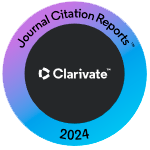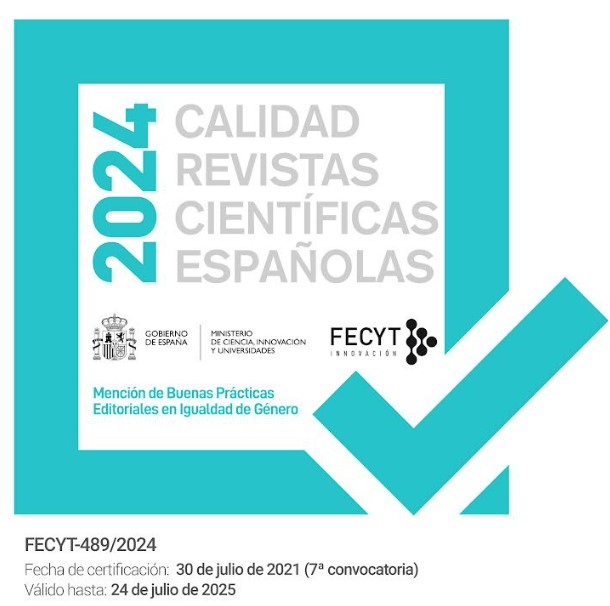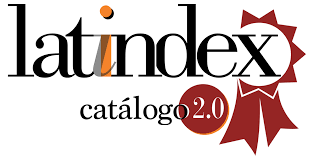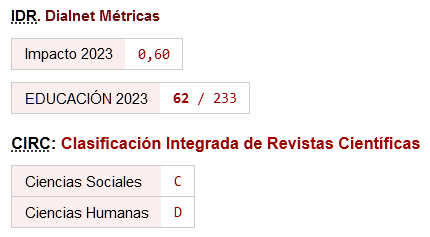Student proposals to prevent academic plagiarism
DOI:
https://doi.org/10.46661/ijeri.6154Keywords:
Plagiarism, ethics, integrity, teacher training, competencyAbstract
The digital transformation of the production of works in the university world offers us many advantages as well as obligatory precautions in the institutions to avoid dishonest practices. There are many studies in the literature on academic plagiarism, but on few occasions those most interested in the solution are asked, such as the students themselves, the vast majority of whom obtain their degrees through hard work and who are most affected by these bad practices. The research design was non-experimental of cross-sectional type with a questionnaire and reliability of Cronbach's Alpha 0.775, obtaining data from 823 students from 10 institutions and 3 different Latin American countries on the solutions they see as most effective, their knowledge of the preventive measures of their institutions and how competent they see themselves at an individual level to avoid it. The research design analyzes quantitative and qualitative data... The students' main solutions consist of three types, a formative preventive first, a punitive second and a totally lax third. Showing higher self-perception in terms of competence to deal with plagiarism in higher grades.
Downloads
References
Adam, L., Anderson, V., & Spronken-Smith, R. (2017). “It”s not fair’: policy discourses and students’ understandings of plagiarism in a New Zealand university. Higher Education, 74(1), 17–32. https://link.springer.com/article/10.1007/s10734-016-0025-9
Amiri, F., & Razmjoo, S. A. (2016). On Iranian EFL Undergraduate Students’ Perceptions of Plagiarism. Journal of Academic Ethics, 14(2), 115–131. https://doi.org/10.1007/s10805-015-9245-3
Bretag, T. (Ed.). (2016). Handbook of Academic Integrity. Springer, Singapore. https://doi.org/10.1007/978-981-287-098-8
Cabero-Almenara, J., Guillén-Gámez, F.F., Ruiz-Palmero, J. & Palacios-Rodríguez, A.,. (2021). Digital competence of higher education professor according to DigCompEdu. Statistical research methods with ANOVA between fields of knowledge in different age ranges. Education and Information Technologies. https://doi.org/10.1007/s10639-021-10476-5
Carretero, S., Vuorikari, V. And Punie, Y. (2018). DigComp 2.1: the digital competence framework for citizens with eight proficiency levels and examples of use. EU. https://op.europa.eu/s/pDOB
Cebrián-Robles, V., & Raposo-Rivas M y Sarmiento-Campos J. (2016). ¿Ética o prácticas deshonestas? El plagio en las titulaciones de Educación. Revista Educación, 374, 161–182. https://doi.org/10.4438/1988-592X-RE-2016-374-330
Cebrián-Robles, V., Raposo-Rivas, M., Cebrián-de-la-Serna, M., & Sarmiento-Campos, J. A. (2018). Percepción sobre el plagio académico de estudiantes universitarios españoles. Educación XX1, 21(2). https://doi.org/10.5944/educxx1.20062
Comas-Forgas, R., & Sureda-Negre, J. (2010). Academic Plagiarism: Explanatory Factors from Students’ Perspective. Journal of Academic Ethics, 8(3), 217–232. https://doi.org/10.1007/s10805-010-9121-0
Ehrich, J., Howard, S. J., Mu, C., & Bokosmaty, S. (2014). A comparison of Chinese and Australian university students’ attitudes towards plagiarism. Studies in Higher Education, 0(0), 1–16. https://doi.org/10.1080/03075079.2014.927850
Gallego-Arrufat, M.-J., Torres-Hernández, N., & Pessoa, T. (2019). Competencia de futuros docentes en el área de seguridad digital. Comunicar: Revista Científica de Comunicación y Educación, 27(61), 57–67. https://doi.org/10.3916/C61-2019-05
Gasparyan, A. Y., Nurmashev, B., Seksenbayev, B., Trukhachev, V. I., Kostyukova, E. I., & Kitas, G. D. (2017). Plagiarism in the Context of Education and Evolving Detection Strategies. Journal of Korean Medical Science, 32(8), 1220–1227. https://doi.org/10.3346/jkms.2017.32.8.1220
Kaktiņš, L. (2018). Contract cheating advertisements: what they tell us about international students’ attitudes to academic integrity. Ethics and Education, 13(2), 268–284. https://doi.org/10.1080/17449642.2017.1412178
López-Puga, J. (2014). Análisis y reducción del plagio en la universidad. European Journal of Education and Psychology, 7(2), 131–140. https://doi.org/10.30552/ejep.v7i2.102
Redecker, C. (2017). Marco europeo para la competencia digital de los educadores. DigCompEdu. Comisión Europea. https://acortar.link/wU3qRH
Sureda-Negre, J., Comas-Forgas, R., & Oliver-Trobat, M.-F. (2015). Plagio académico entre alumnado de secundaria y bachillerato: Diferencias en cuanto al género y la procrastinación. Comunicar, 22(44), 103–111. https://doi.org/10.3916/C44-2015-11
Sureda-Negre, J., Cerdá-Navarro, A., Calvo-Sastre, A. y Comas-Forgas, R., (2019). Las conductas fraudulentas del alumnado universitario español en las evaluaciones: valoración de su gravedad y propuestas de sanciones a partir de un panel de expertos. Revista de Investigación Educativa, vol. 38, núm. 1, pp. 201–219. http://dx.doi.org/10.6018/rie.358781
Walker, C., & White, M. (2014). Police, design, plan and manage: developing a framework for integrating staff roles and institutional policies into a plagiarism prevention strategy. Journal of Higher Education Policy and Management, 36(6), 674–687. https://doi.org/10.1080/1360080X.2014.957895
Zrnec, A., & Lavbič, D. (2017). Social network aided plagiarism detection. British Journal of Educational Technology: Journal of the Council for Educational Technology, 48(1), 113–128. https://doi.org/10.1111/bjet.12345
Downloads
Published
How to Cite
Issue
Section
License
Copyright (c) 2021 Violeta Cebrián-Robles, Manuela Raposo-Rivas, Francisco José Ruiz Rey, Manuel Cebrián-de-la-Serna

This work is licensed under a Creative Commons Attribution-NonCommercial-NoDerivatives 4.0 International License.












